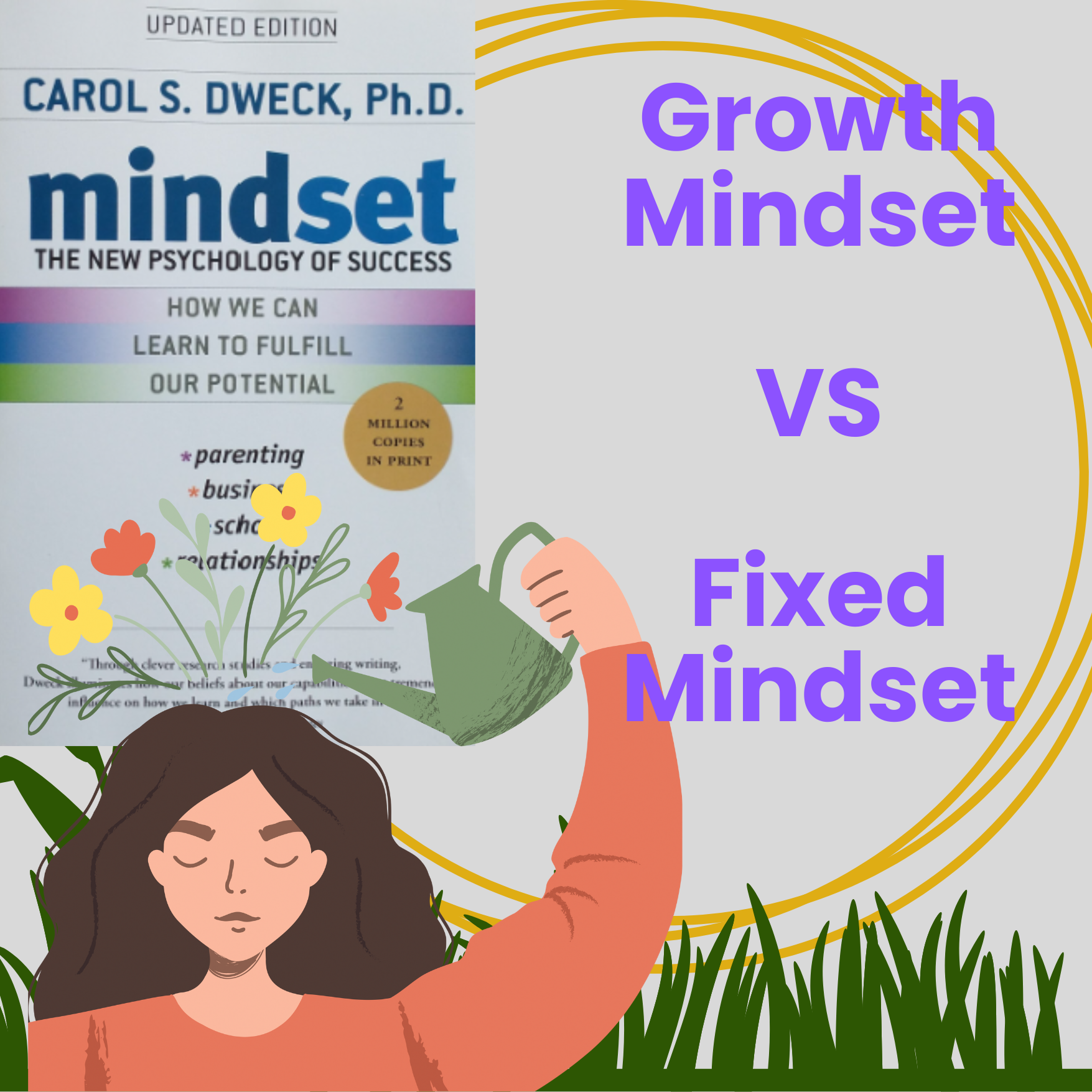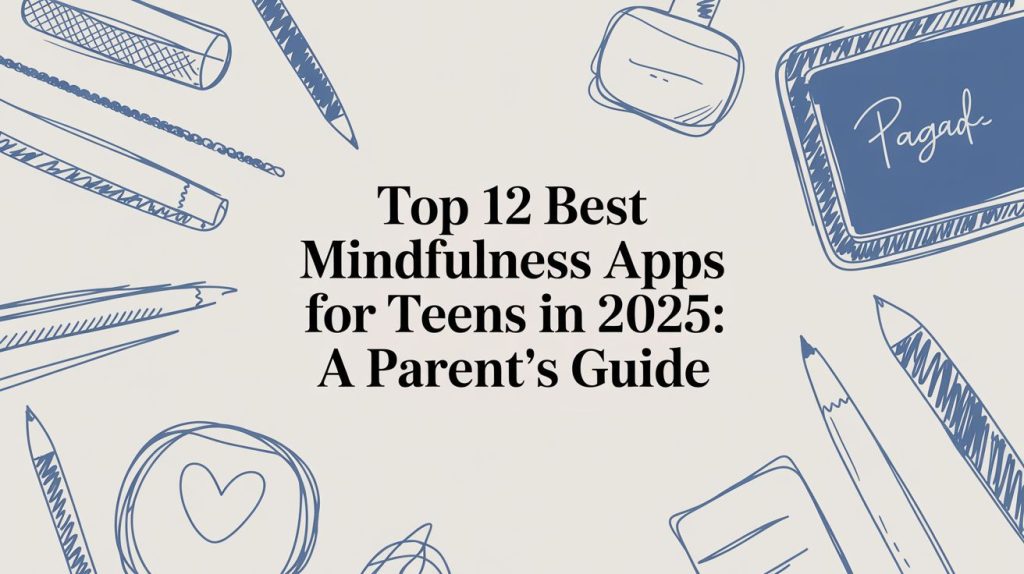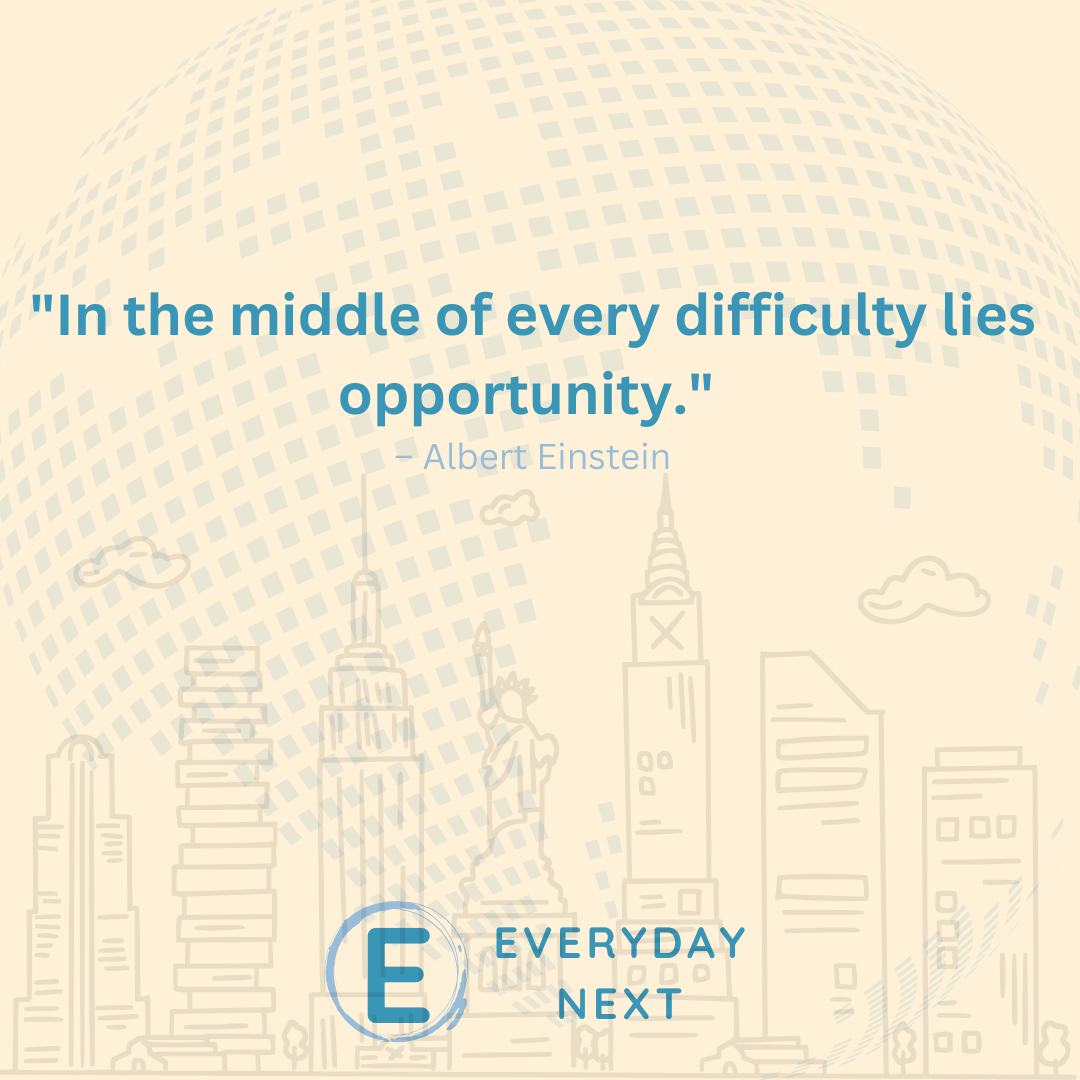
The Power of Mindset: A Deep Dive into Carol S. Dweck’s Groundbreaking Book
Carol S. Dweck’s Mindset: The New Psychology of Success has revolutionized the way we think about human potential. Published in 2006, this transformative book is based on decades of research in psychology and education. Dweck argues that our beliefs about abilities and intelligence shape how we approach challenges, failures, and successes. The key takeaway? It’s not just talent or intelligence that determines success, but the mindset we adopt.
This article delves into the central concepts of Dweck’s work, using relatable examples, practical advice, and evidence to engage readers and inspire action.
What Is Mindset?
At its core, Mindset introduces two primary mindsets:
1. Fixed Mindset
A fixed mindset is the belief that abilities, intelligence, and talents are static traits—you either have them, or you don’t. People with a fixed mindset:
- Avoid challenges for fear of failure.
- Give up easily when faced with obstacles.
- View effort as a sign of inadequacy.
- Feel threatened by the success of others.
2. Growth Mindset
In contrast, a growth mindset is the belief that abilities can be developed through effort, learning, and persistence. Those with a growth mindset:
- Embrace challenges as opportunities to grow.
- Persist in the face of setbacks.
- See effort as the path to mastery.
- Learn from criticism and the success of others.
Dweck’s Argument: The mindset you adopt profoundly impacts your behavior, relationships, and success in life. The good news? Mindsets can be changed.
Key Themes and Insights from the Book
1. The Impact of Praise
Dweck’s research shows that the way we praise children (or anyone) affects their mindset. Praising intelligence (“You’re so smart!”) fosters a fixed mindset, as it implies that success is tied to inherent talent. In contrast, praising effort (“You worked so hard on that!”) encourages a growth mindset by emphasizing the value of persistence and learning.
Example:
In one experiment, Dweck’s team divided children into two groups:
- Group A was praised for their intelligence.
- Group B was praised for their effort.
When given the choice of solving easy or challenging puzzles, most children in Group A chose the easy ones to maintain their image of being “smart.” In contrast, Group B embraced the harder puzzles, seeing them as an opportunity to learn.
Takeaway: Focus on praising effort, strategy, and progress to nurture a growth mindset in yourself and others.
2. Failure as a Stepping Stone
In a fixed mindset, failure is seen as a reflection of one’s abilities, leading to avoidance of risk and challenges. In a growth mindset, failure is a learning experience and a necessary part of growth.
Statistical Insight:
According to a study published in Psychological Science (2014), students with a growth mindset outperformed those with a fixed mindset on standardized math tests by 12%. The researchers attributed this difference to the students’ willingness to tackle difficult problems and learn from mistakes.
Relatable Example:
Consider Michael Jordan, often regarded as the greatest basketball player of all time. He famously said, “I’ve missed more than 9,000 shots in my career. I’ve lost almost 300 games. Twenty-six times, I’ve been trusted to take the game-winning shot and missed. I’ve failed over and over and over again in my life. And that is why I succeed.”
Takeaway: Reframe failure as feedback and an essential part of the learning process.
3. The Role of Effort
A fixed mindset dismisses effort, believing that if you’re talented, you shouldn’t have to work hard. The growth mindset, however, sees effort as the pathway to success.
Dweck’s Research on Effort:
In one study, students who believed that effort led to intelligence improvement were more likely to embrace challenges and improve their academic performance. They also exhibited greater resilience in the face of setbacks.
Real-Life Examples:
- Thomas Edison: When asked about his repeated failures in inventing the light bulb, Edison famously said, “I have not failed. I’ve just found 10,000 ways that won’t work.” Edison’s relentless effort epitomizes the growth mindset.
- J.K. Rowling: Before finding success with the Harry Potter series, Rowling faced numerous rejections from publishers and struggled with financial difficulties. Her perseverance and belief in her ability to improve helped her become one of the most celebrated authors of all time.
- Serena Williams: As one of the greatest tennis players in history, Williams often speaks about how consistent effort and learning from setbacks have driven her success. She embraces challenges as opportunities to grow both mentally and physically. Edison, when asked about his repeated failures in inventing the light bulb, famously said, “I have not failed. I’ve just found 10,000 ways that won’t work.” Edison’s relentless effort epitomizes the growth mindset.
Takeaway: Embrace the process of hard work and persistence to unlock your true potential.
4. Mindset in Relationships
Mindsets don’t just affect individual success; they influence relationships. A fixed mindset can lead to avoiding conflicts or criticism, while a growth mindset encourages open communication and learning from each other.
Example:
A fixed mindset partner might view disagreements as signs of incompatibility, while a growth mindset partner sees them as opportunities to strengthen the relationship by understanding each other better.
Takeaway: Adopt a growth mindset to build stronger, more resilient relationships.
How to Cultivate a Growth Mindset
1. Recognize Fixed Mindset Triggers
Everyone has moments of fixed mindset thinking. Pay attention to situations where you feel defensive, avoid challenges, or fear failure. Recognizing these triggers is the first step toward change.
2. Reframe Challenges and Failures
Instead of saying, “I can’t do this,” try, “I can’t do this yet.” Shift your focus from the outcome to the learning process.
3. Embrace Effort and Persistence
Celebrate the journey, not just the destination. Reward yourself for showing up and putting in the work, even if the results aren’t immediate.
4. Surround Yourself with Growth-Oriented People
Seek mentors, friends, and colleagues who embody the growth mindset and inspire you to adopt the same perspective.
Why Mindset Matters Today
In a world that values instant gratification, adopting a growth mindset can be a game-changer. Whether you’re pursuing a career, nurturing relationships, or navigating life’s challenges, the belief in your ability to grow and improve is the foundation of resilience and success.
Final Thought: As Carol Dweck writes, “Becoming is better than being.” The journey of growth and self-discovery is where true fulfillment lies.
Sources:
- Dweck, Carol S. Mindset: The New Psychology of Success. Ballantine Books, 2006.
- Blackwell, Lisa, et al. “Implicit Theories of Intelligence Predict Achievement Across an Adolescent Transition: A Longitudinal Study and an Intervention.” Child Development, 2007.
- Yeager, David S., and Gregory M. Walton. “Social-Psychological Interventions in Education: They’re Not Magic.” Review of Educational Research, 2011.
- “The Power of Belief – Mindset and Success.” TED Talk by Eduardo Briceño, 2012.














Pingback: The Surprising Benefits of Roughhousing: Boost Your Kid's Confidence, Skills, and Bonding - Everyday Next